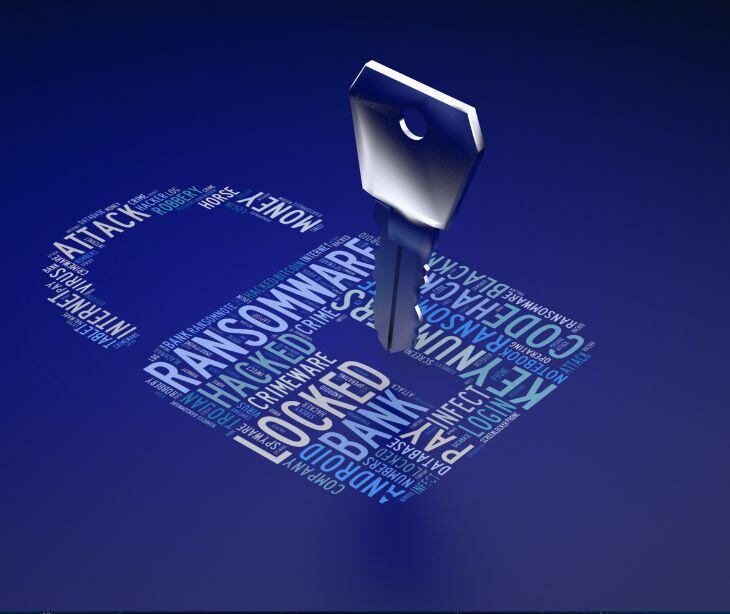%20-%202024-12-29T123140.318.jpg)
In healthcare, where so much is at stake, the supply chain is fundamental for getting medications, equipment, and resources where they’re needed most. But behind the process is a major challenge—compliance. Following the many regulations that govern how medical supplies are sourced, distributed, and managed is tough. Still, it's beneficial for keeping patients safe, maintaining quality, and ensuring trust in the healthcare system.
Why compliance matters
Compliance in healthcare supply chains isn’t just about ticking boxes. It’s about keeping people safe. By making sure only safe and effective products make their way through the supply chain, compliance helps prevent patient harm from faulty or counterfeit items. It also ensures that medications and devices work as intended, supporting high standards of care.
It goes beyond just safety, too. Staying compliant protects healthcare institutions from fraud and waste and helps safeguard sensitive patient information. On the flip side, failing to meet compliance requirements can hurt a healthcare provider’s reputation, erode patient trust, and damage stakeholder relationships.
Making sense of the regulations
Healthcare organizations face a complex web of rules and guidelines to stay compliant. The Food and Drug Administration (FDA) sets strict standards for drugs and devices, while Good Distribution Practices (GDP) outline how pharmaceuticals should be stored and shipped to keep them safe and traceable.
The Health Insurance Portability and Accountability Act (HIPAA) governs patient data protection, and the Drug Supply Chain Security Act (DSCSA) focuses on making the pharmaceutical supply chain more secure by tracking and tracing prescription drugs. International standards, like the International Organization for Standardization (ISO) 13485 for medical devices and World Health Organization (WHO) guidelines for pharmaceutical procurement, also come into play.
Challenges to staying compliant
Keeping up with compliance is tough. The rules are numerous and vary across federal, state, and international levels, which can feel overwhelming to some practitioners. Healthcare supply chains are sprawling, involving many players, from manufacturers to distributors, making it difficult to ensure compliance across the board.
Counterfeit products are a real danger, so healthcare organizations need solid measures to verify product authenticity. Plus, the move toward digital healthcare has introduced cybersecurity challenges, with the need to protect patient data from breaches. These hurdles call for a broad approach to maintain compliance and keep the supply chain secure.
Read also: What is a supply chain attack and how can it be prevented?
How to stay compliant
To meet these challenges, healthcare supply chain professionals use several tactics. Compliance teams should monitor every step of the supply chain to ensure regulations are met. Regular audits of suppliers and distributors help verify that safety and quality standards are followed. Technologies like blockchain and RFID are used to track and authenticate products, and ongoing training keeps employees informed about compliance rules and best practices.
Collaboration between all parties in the supply chain is key, as sharing information helps organizations stay on top of changing regulations. With a solid, coordinated effort, healthcare supply chains can tackle these challenges and ensure the right products reach the right people at the right time, protecting patients along the way.
In the news
The healthcare industry has been hit by a series of ransomware attacks on mission-critical suppliers, leading to shortages and disruptions in patient care.
In July 2024, OneBlood, serving over 250 hospitals across five southeastern states, was attacked by RansomHub, causing blood shortages and emergency protocols in Florida. In June, the Qilin group targeted the UK's NHS supplier Synovis, canceling over 800 surgeries and 700 appointments due to blood-matching issues. In April, BlackSuit struck Octapharma Plasma, temporarily shutting 190 U.S. donation centers and straining plasma supplies.
These incidents followed a ransomware attack on Change Healthcare, the most far-reaching cybersecurity incident in the healthcare industry, affecting nearly every U.S. hospital. While carried out by different groups, these attacks highlight a growing trend of targeting third-party providers necessary to healthcare operations, increasing ransom pressure as disruptions to patient care mount.
Related: How healthcare can avoid devastating supply chain cyber attacks
FAQs
How does healthcare supply chain management affect patient care?
A well-managed supply chain ensures that healthcare facilities have the right equipment, medications, and resources available when needed. Proper supply chain management can directly impact patient safety and satisfaction.
What challenges are faced in healthcare supply chain management?
- Supply shortages: Often caused by disruptions such as pandemics or natural disasters.
- Cost management: Balancing costs while ensuring high-quality supplies.
- Regulatory compliance: Ensuring supplies meet healthcare standards and regulations, including HIPAA and FDA requirements.
- Cybersecurity risks: Protecting digital systems used for supply chain management from cyberattacks that could compromise sensitive data.
How can technology improve healthcare supply chain management?
Technology, such as artificial intelligence (AI), automation, and Internet of Things (IoT) devices, can enhance visibility into inventory levels, streamline ordering processes, predict demand, and track the movement of supplies in real time. Cloud-based systems allow for better coordination between suppliers and healthcare facilities, improving efficiency and reducing errors.
What are the benefits of effective healthcare supply chain management?
- Reduces costs: Optimizing purchasing and inventory, minimizing waste, and negotiating better contracts with suppliers.
- Improves patient care: Ensures medical professionals have immediate access to supplies and equipment, minimizing care disruptions.
- Increases operational efficiency: Helps healthcare organizations streamline processes, leading to better management of resources.
- Enhances compliance: Helps meet regulatory standards, ensuring that all supplies used are safe, effective, and compliant with healthcare laws and regulations.



%20-%202025-01-04T161646.046.jpg)
